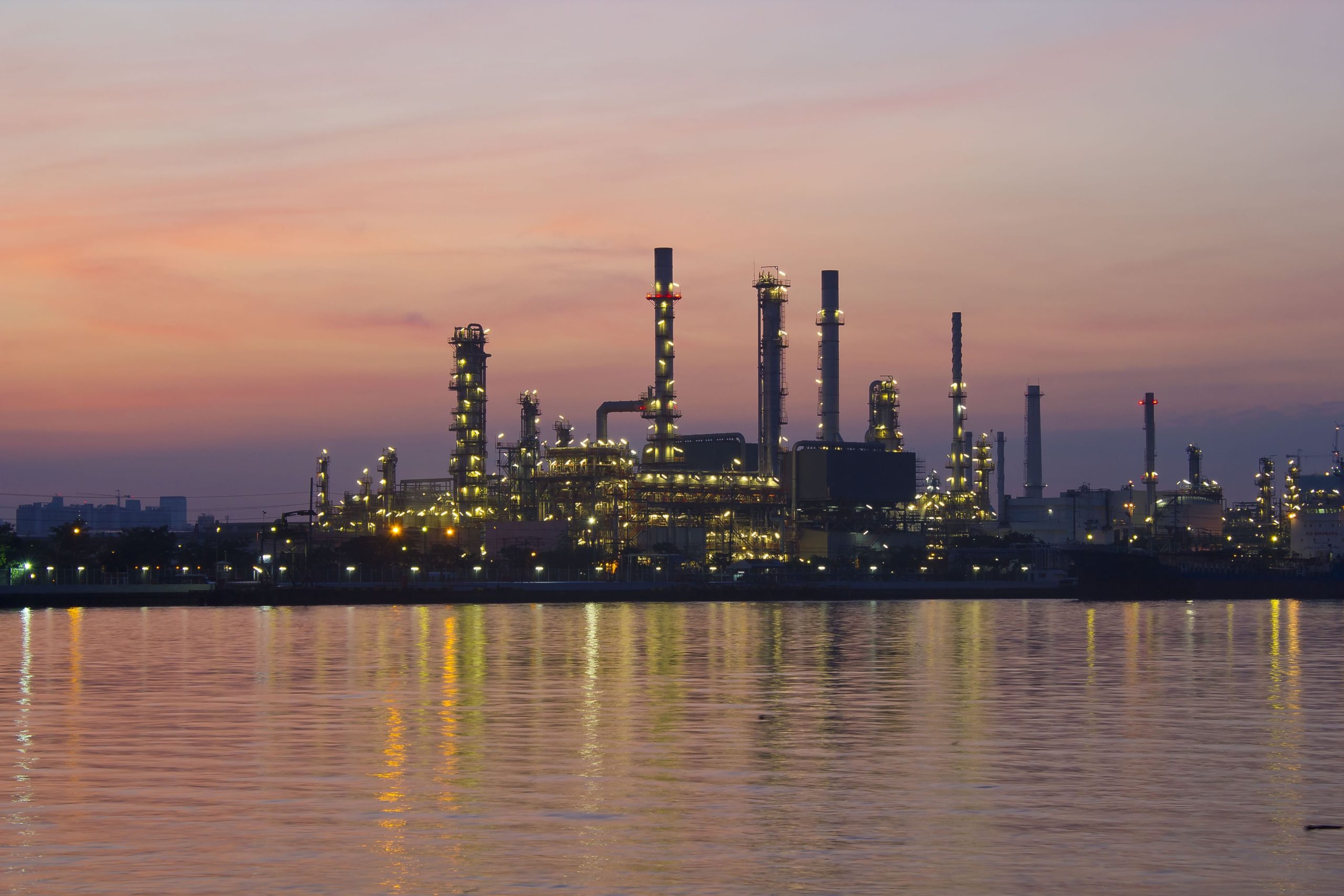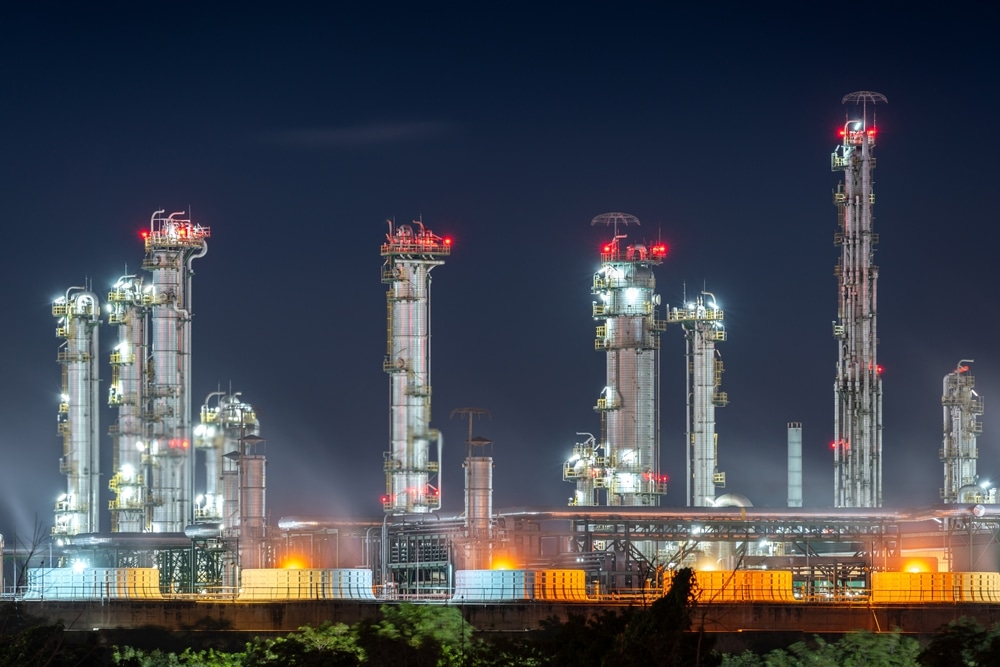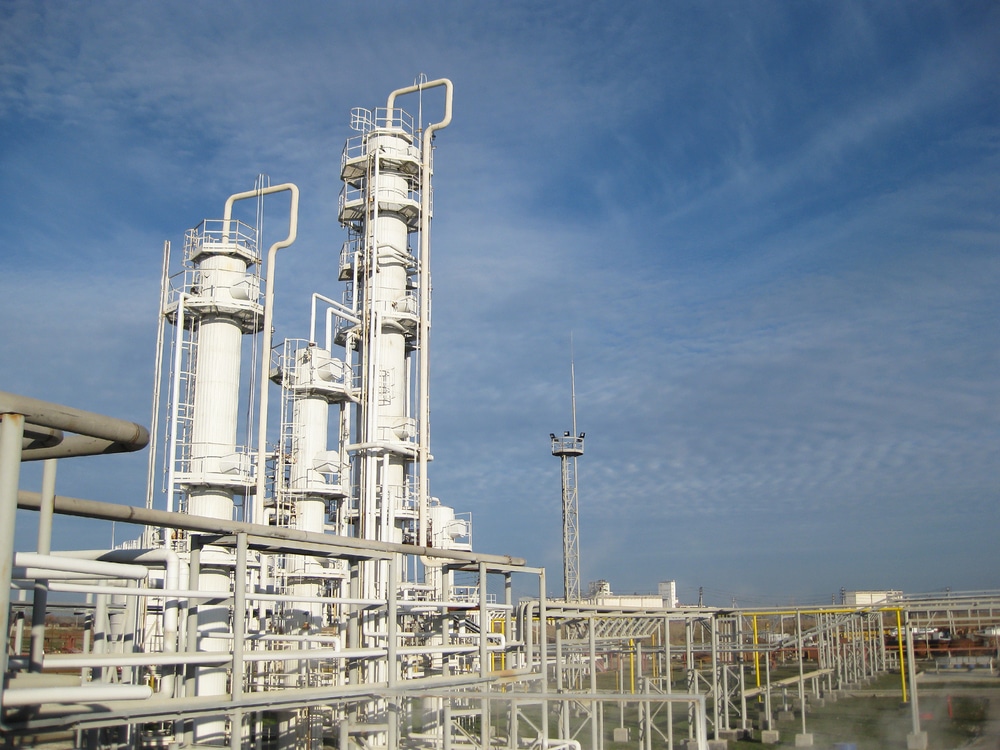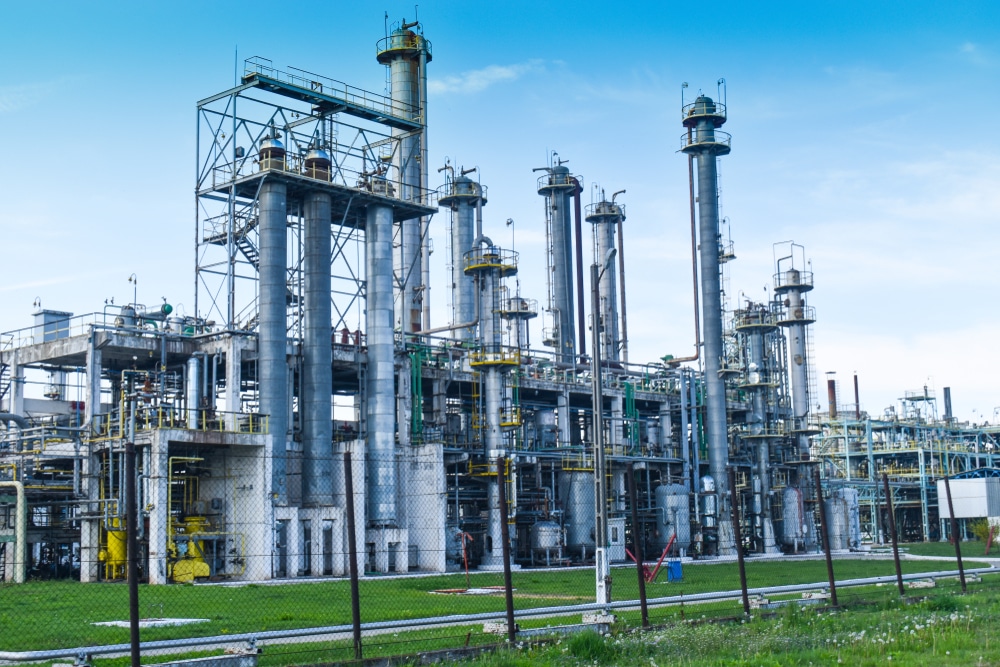The petrochemical industry is a sector of the chemical industry that produces chemicals derived from petroleum and natural gas. These chemicals are used as raw materials in the manufacture of a wide range of products, including plastics, fertilizers, solvents, adhesives, and synthetic fibers.
Steam cracking, catalytic reforming and polymerization are several of the processes fundamental to the petrochemical industry, enabling the production of essential chemicals and fuels that support various industries and everyday products.


Steam cracking is a key process in the petrochemical industry used to break down saturated hydrocarbons into smaller, often unsaturated hydrocarbons.
This process is essential for producing lighter alkenes such as ethylene and propylene.
In steam cracking, hydrocarbon feedstock (like naphtha, ethane, or propane) is mixed with steam and heated to very high temperatures (around 850°C) in the absence of oxygen. This causes the hydrocarbons to break into smaller molecules.
The primary products are ethylene, propylene, and butadiene, which are crucial building blocks for various chemicals and plastics. Ethylene and propylene are used to produce polyethylene and polypropylene, respectively, which are common plastics. Butadiene is used in making synthetic rubber.
Although in this process all our standard and specials solutions may apply, the main challenge in this process is often related to the extreme temperatures or related to measuring accurately, which we do with the support of our BaseCal diaphragm seal engineering tool.

Catalytic reforming is another vital process that converts low-octane naphthas into high-octane liquid products called reformates, which are used as blending stocks for gasoline. Naphtha is heated and passed over a catalyst (usually platinum-based) at high temperatures and pressures. This process rearranges or reforms the hydrocarbon molecules to produce high-octane aromatics like benzene, toluene, and xylenes.
The main products are high-octane reformates and hydrogen gas. The reformates are used in gasoline blending; improving the octane rating, making it more efficient, while the hydrogen is used in hydrocracking and hydrotreating.
Many of these processes can be extremely corrosive at certain points, or at some hydrocracking and hydrotreating processes, hydrogen permeation might be a risk, where hydrogen atoms permeate stainless steel materials, and where a gold coating could be a solution

Polymerization is a process that converts light olefin gasses such as ethylene, propylene, and butylene into larger hydrocarbon molecules with higher molecular weights. Light olefins are induced to combine or polymerize into larger molecules. This process typically uses catalysts like phosphoric acid on kieselguhr (a porous sedimentary rock) and operates under high pressures (30 to 75 bars) and temperatures (175 to 230°C).
The primary products are hydrocarbons with higher molecular weights and significant octane numbers, which can be used as gasoline blending stocks. They are used to enhance the octane rating of gasoline, making it more efficient and suitable for high-performance engines.
Using phosphoric acid may call upon materials like tantalum or Alloy C276, whilst other processes may require other exotic materials. Also, as several processes can be viscous and prone to clogging, this could require attention to mounting and insultation, or protect the diaphragm from process media sticking to it.
| Cookie | Duration | Description |
|---|---|---|
| cookielawinfo-checkbox-analytics | 11 months | This cookie is set by GDPR Cookie Consent plugin. The cookie is used to store the user consent for the cookies in the category "Analytics". |
| cookielawinfo-checkbox-functional | 11 months | The cookie is set by GDPR cookie consent to record the user consent for the cookies in the category "Functional". |
| cookielawinfo-checkbox-necessary | 11 months | This cookie is set by GDPR Cookie Consent plugin. The cookies is used to store the user consent for the cookies in the category "Necessary". |
| cookielawinfo-checkbox-others | 11 months | This cookie is set by GDPR Cookie Consent plugin. The cookie is used to store the user consent for the cookies in the category "Other. |
| cookielawinfo-checkbox-performance | 11 months | This cookie is set by GDPR Cookie Consent plugin. The cookie is used to store the user consent for the cookies in the category "Performance". |
| viewed_cookie_policy | 11 months | The cookie is set by the GDPR Cookie Consent plugin and is used to store whether or not user has consented to the use of cookies. It does not store any personal data. |